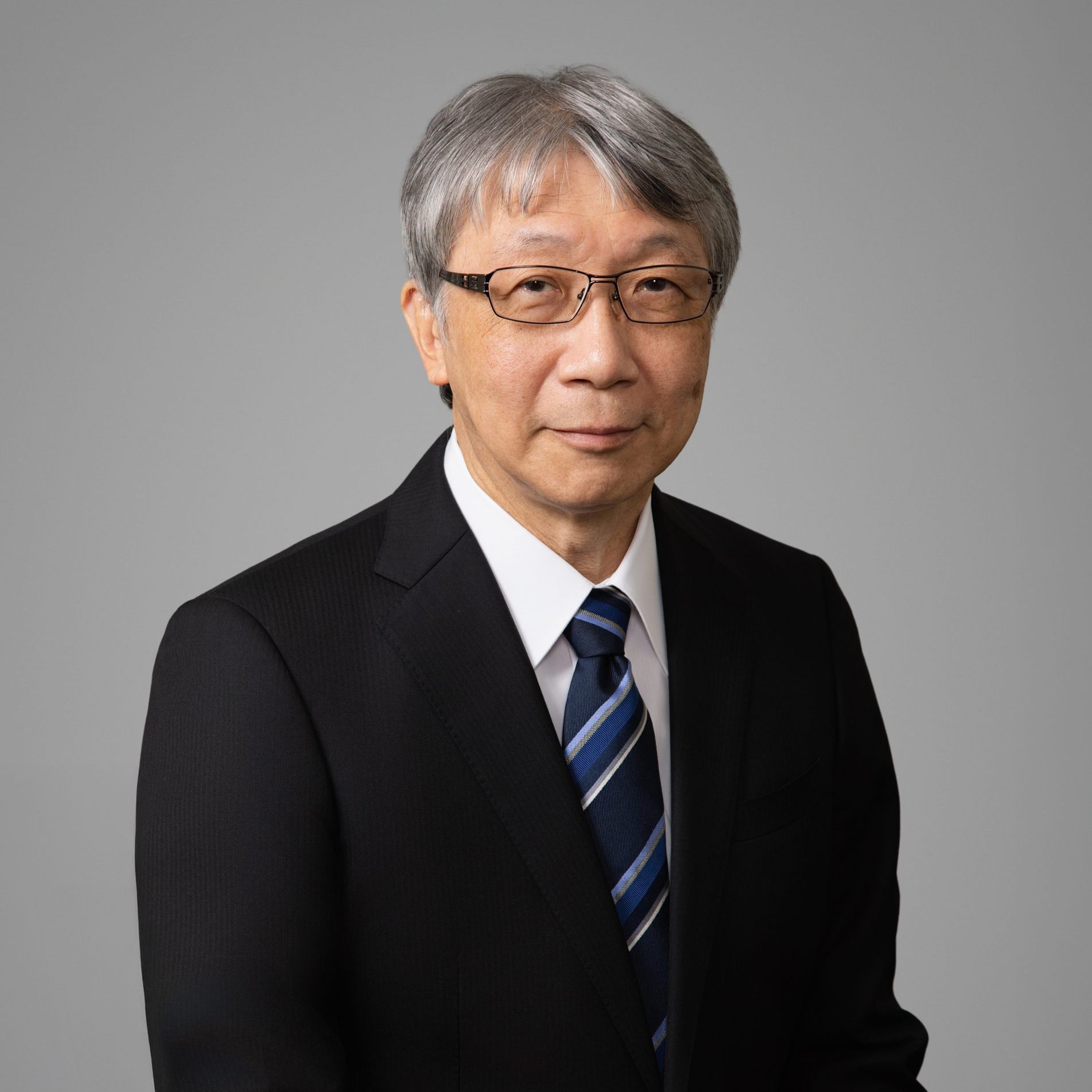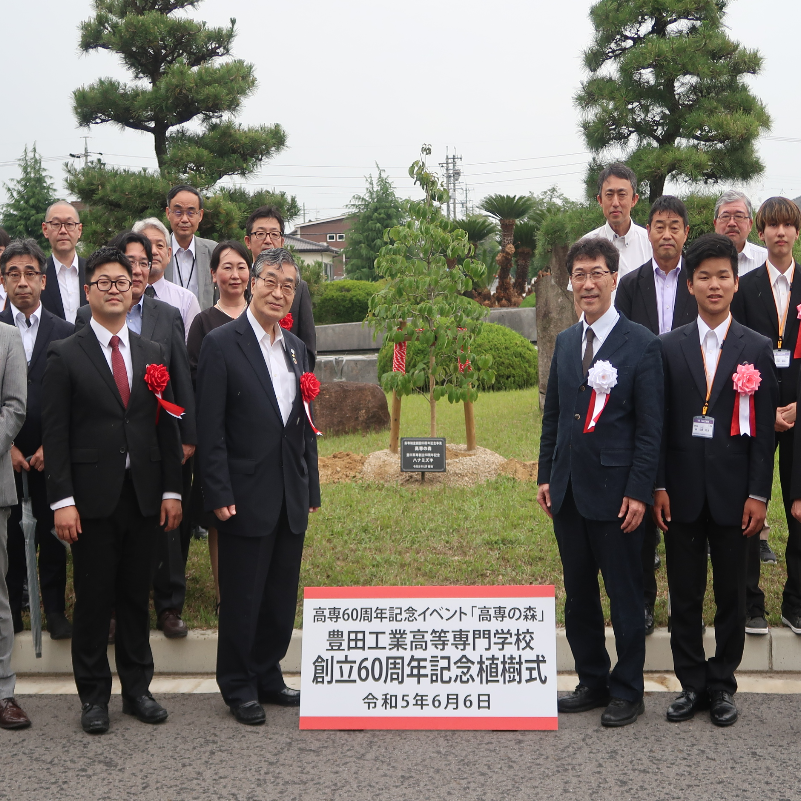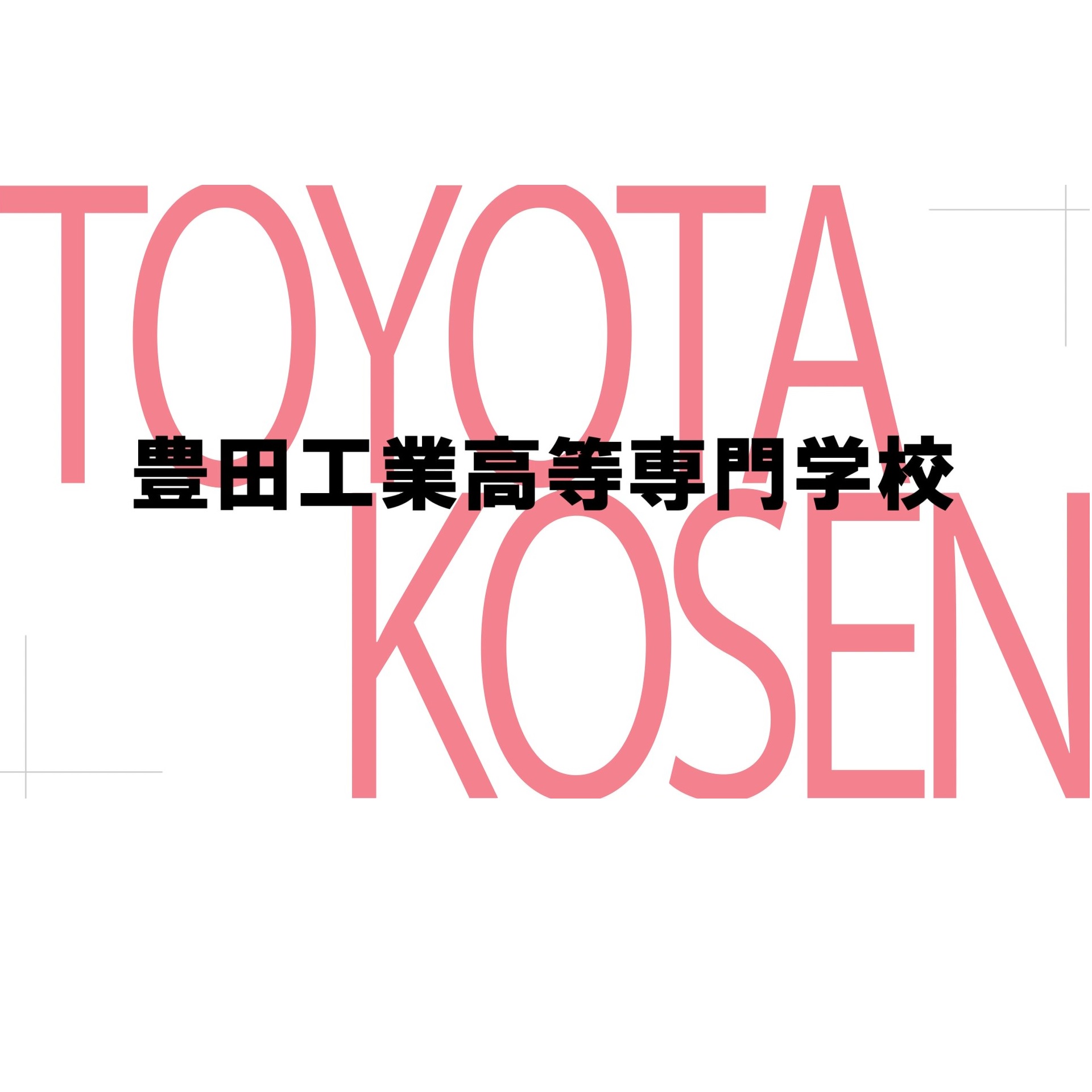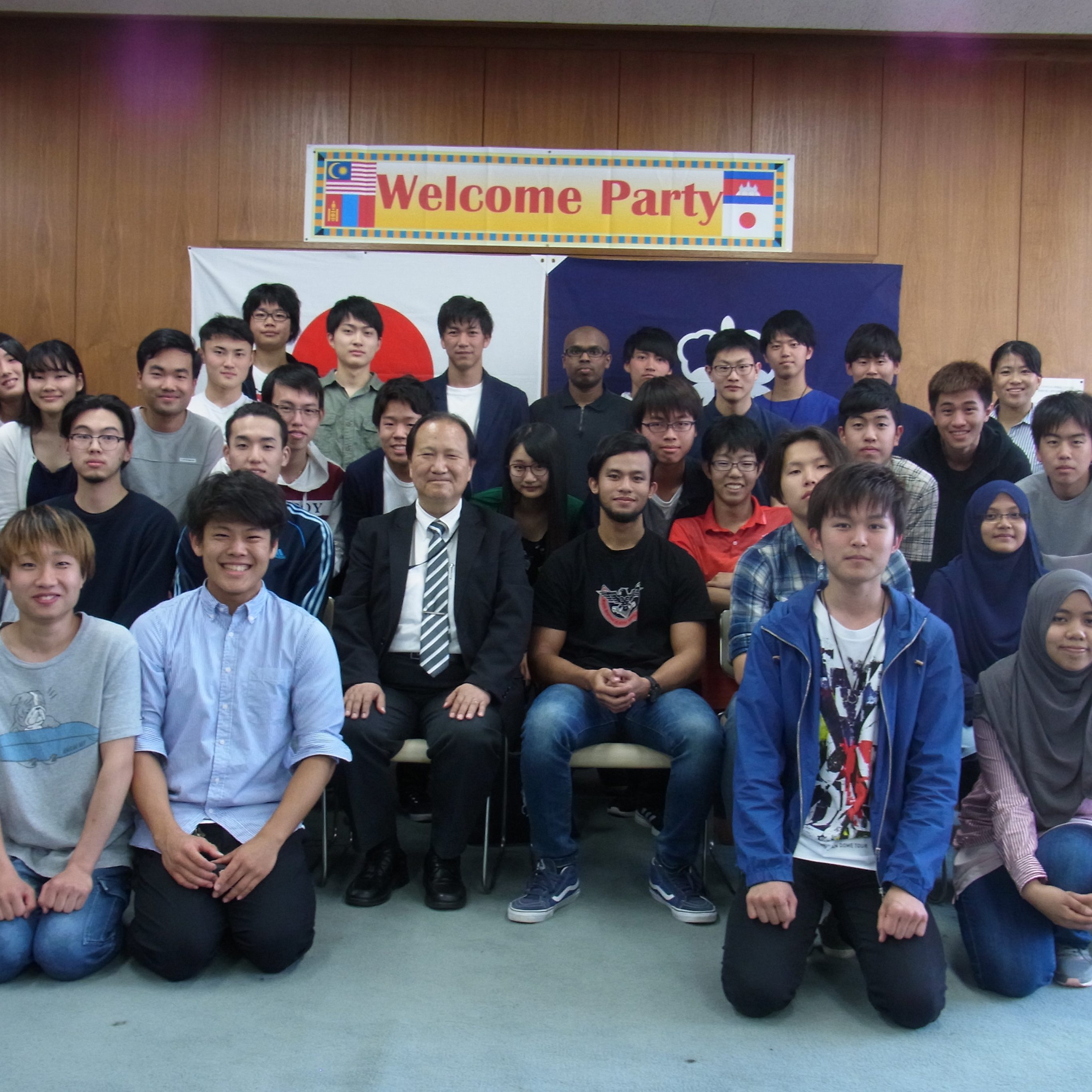Educational Goals
At our school, we have set the following educational goals, and we are working diligently toward them through constant study and close cooperation between faculty and students.
- Manufacturing Capabilities
Training engineers who can accurately grasp social changes and demands, recognize manufacturing from multiple perspectives, and build feasible systems - Basic Academic Skills
Establishment of an engineering foundation that is born from the fusion of rich experience cultivated through experiments and practical training with a deep understanding of basic theories - Problem-Solving Skills
Training engineers who have the ability to think and think about problems, and who have creativity and practical skills through self-learning - Communication skills
Acquire logical writing skills based on scientific analysis, clear oral presentation skills, sufficient discussion skills, and internationally accepted communication skills. - Engineer Ethics
Developing engineers who can consider the impact of technology on society in world culture and history, and be aware of their own responsibilities and take pride in them.
Specific Targets
Three Policies
Policies
- Diploma Policy (Graduation Certification Policy)
- Course Curriculum Policy (Curriculum Formulation Policy)
- Admission Policy
- Curriculum Map
Reiwa 6 or before
Reiwa 7 or later - Curriculum Tree
Reiwa 6 or before
Reiwa 7 or earlier
Major Policy
- Diploma Policy for Academic Achievement
- Curriculum Policy (Curriculum Formulation Policy)
- Major Admission Policy (Admissions Policy)
An image of independent engineers to be trained
Our major departments provide two years of university-level professional and technical education based on the professional foundation of the main department. Students can receive a Bachelor of Science (Engineering) degree from the University Reform Support and Degree Awarding Organization.
All three majors in the major department have the image of “practical and creative engineers with high problem-setting and problem-solving skills” as the image of engineers that we aim to cultivate. In light of this, each major has its own “learning and educational goals”.













